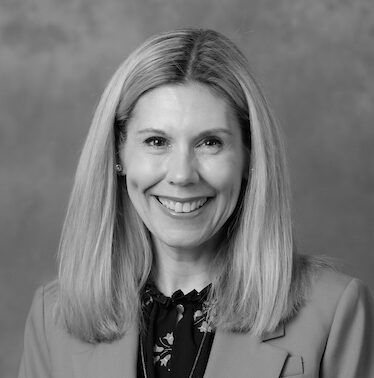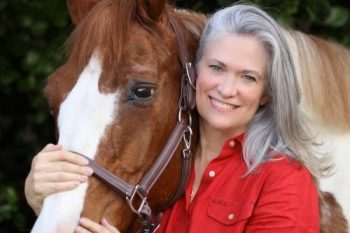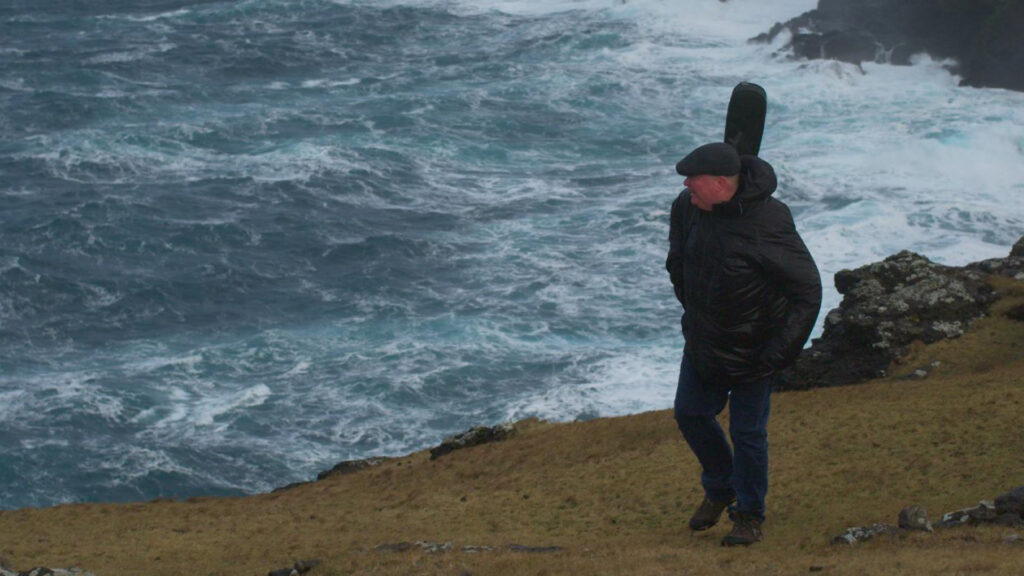
You never know where a friendship forged decades ago in Student Union might take you.
For Mark Allen (’88) and Andrea Engleson (’87), the destinations have ranged from the Shetland Islands to the Swiss Alps — so far. Future goals include remote spots in Africa and Asia. And wherever they go, there are music and a film crew.
It all started nearly four years ago when Allen, a longtime professional musician and producer in Nashville (with a Grand Ole Opry performance under his belt), got invited to jam with musicians in the Shetland Islands. Allen wanted to film the expedition, so he recruited a videographer to go along for the ride.
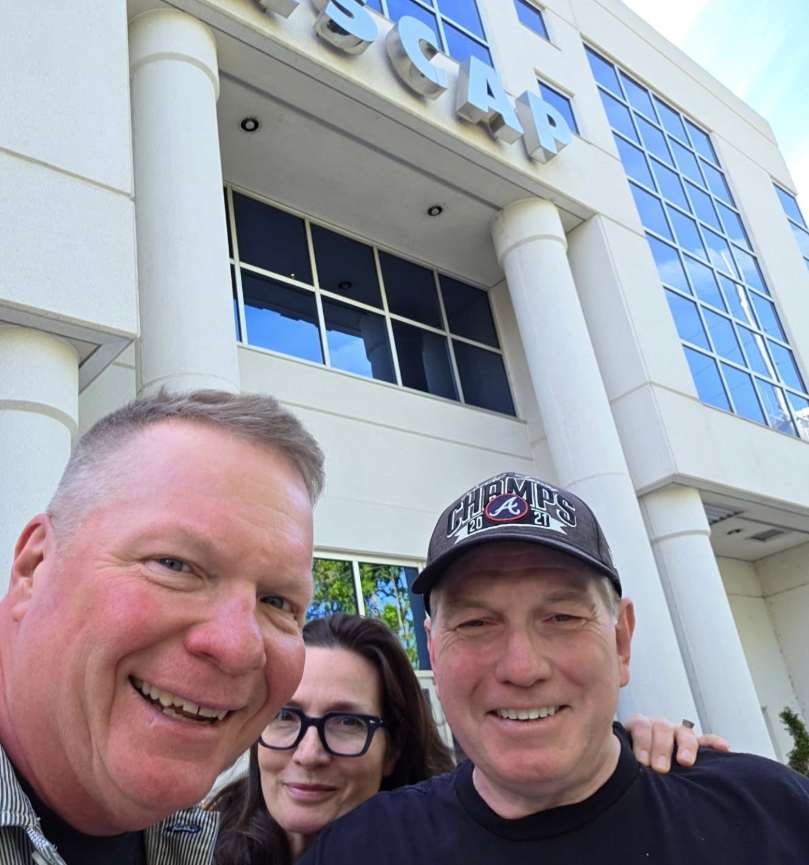
They quickly realized it would help to have another creative type in tow. Allen invited Engleson, a college friend he got to know while he worked at Wake Radio and she ran publicity for Student Union. Post-graduation, Engleson turned her storytelling talent into a successful marketing and production career for an eclectic mix of emerging tech start-ups on both coasts and in Europe.
They created “Have Guitar Will Travel World,” a series that captures their journey through the lens of music. It debuted nationwide on PBS in May. In each episode, host Allen explores how an area’s grassroots music and traditions express its history and culture. After the Shetland Islands, the first season moves on to the Scottish Highlands, Switzerland, Yorkshire, Wales and Ireland.
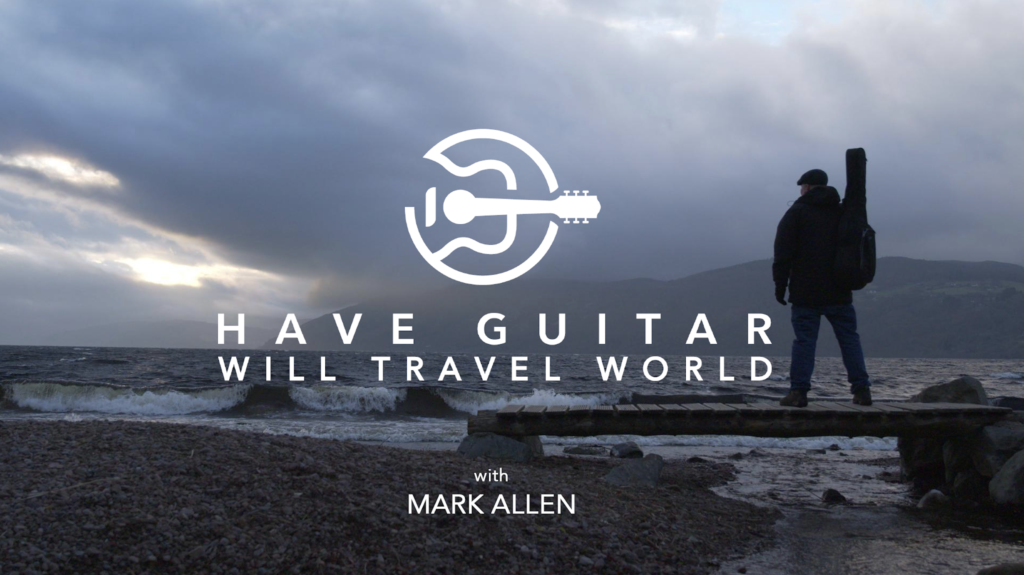
“‘Have Guitar Will Travel World’ stands out as a significant production not only because of its unique concept and the skills of its creators but also because of its ability to document the music, oral histories, celebrations and people that are fundamental to a nation’s living cultural heritage,” says Sarah Childress, director of strategy & operations for Nashville PBS, the show’s presenter.
Kelly Greene (’91), managing editor of Wake Forest Magazine, recently caught up with Allen and Engleson by Zoom to hear about their musical adventures. Here are excerpts from the conversation, edited for length and clarity.
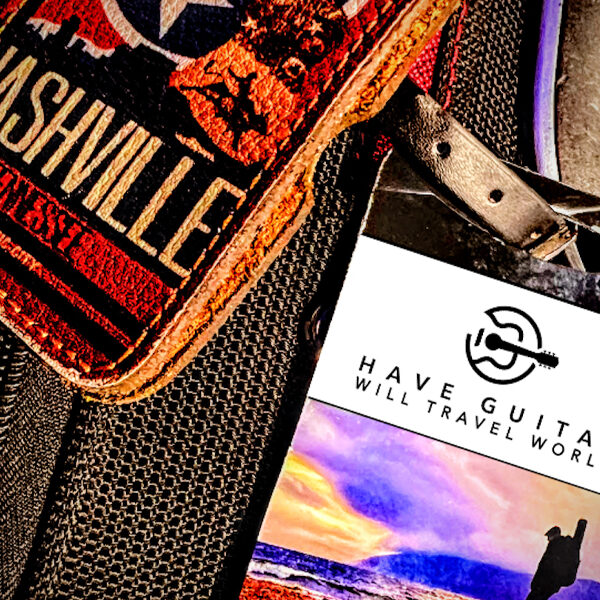
Kelly Greene: Congratulations on your show! How did you get the idea?
Mark Allen: My friend in England said, “Why don’t you go to the Shetland Islands?” I’m like, “Where are the Shetland Islands?” I’ve been working in music for all my whole life as a studio engineer, a performer, a producer, a songwriter, … and I’d been playing a lot in England. … I’d been wanting to do something special. And so, it just started with a germ of an idea, literally over a pint of ale at my friend’s pub. I’m like, “Well, why wouldn’t I go film this?”
When you’re a musician, you connect in this different way. It’s a musical conversation. You get this different kind of connection sometimes that you don’t even realize until later, but you feel it. Like when you’re 16 and you’re jamming with your band. I just wanted to capture that because of my love of travel, beginning with a semester at Casa Artom in Venice. That really whetted my appetite when I was 20, and I haven’t looked back since.
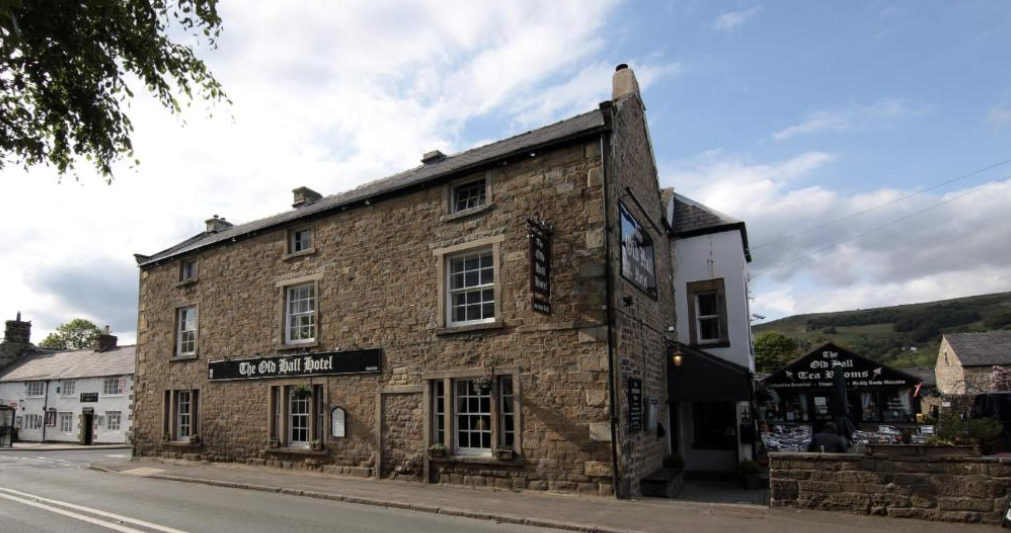
Andrea and I had a connection through the love of anything arts related. But we fell out of touch for almost three decades. She reached back to me three and a half years ago, and we started talking music again. … So, I convinced Andrea to go with us to the Shetland Islands. We needed somebody that is a producer on the ground. I had a friend that was a camera guy who was willing to go along and just see what we could come up with. It just kept rolling. And here we are, releasing it nationally.
(Editor’s note: You’ll catch glimpses of Engleson on the show, but she’s mainly at work behind the scenes, including doing research, writing and promotion.)
KG: Let’s back up a bit, Andrea, to hear more about your career. Peeking at your LinkedIn profile, it appears that you’ve created a string of successful start-ups.
Andrea Engleson: I have been what they call a serial entrepreneur. I was doing marketing and writing and design when I was in high school. So, when I got to Wake, it was no surprise that the Student Union was kind of my groove. A freedom that Wake Forest gave me was the reassurance that the questions are more important than the answers, and that anything that ever gets done in life is through this conversation between two people. So, if you look at things I’ve done in different sectors, it’s always been the same job. It’s been telling a story about an idea that you want to get out into the world.
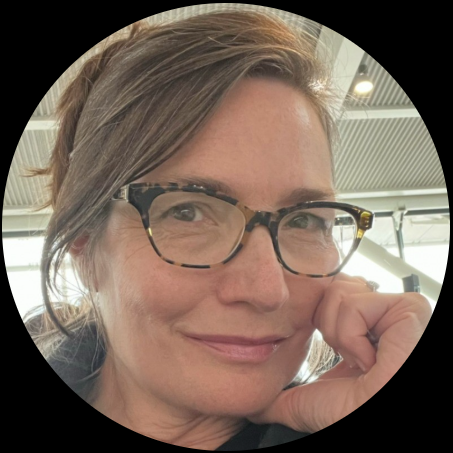
That’s what Mark and I are doing. Mark’s passion for sharing this musical conversation transcends borders and language barriers. It’s this spiritual glue among musicians.
KG: How do you decide where to go?
AE: It’s following the breadcrumbs of, “Hey, I know a guy. …” When Mark and I were in Switzerland, we had just met a friend of Mark’s he knew from traveling there, and she said, “I have a cousin who’s coming to meet you.” He comes and says, “Get in the car. We’re going to see a yodeling choir in 30 minutes.” Everyone we talk to in the music industry is like, “Yeah, that’s the music industry.” It’s very different than if you’re going to meet a museum curator in Rome or go to a restaurant event. It’s a different level of passion and crazy.
MA: We just had the cameras ready to go, and we ended up at a hockey game where they had a yodeling choir as their opening thing at the outside rink. It’s their version of tailgating. It wasn’t like a once-in-a-year thing, this was just what they do.
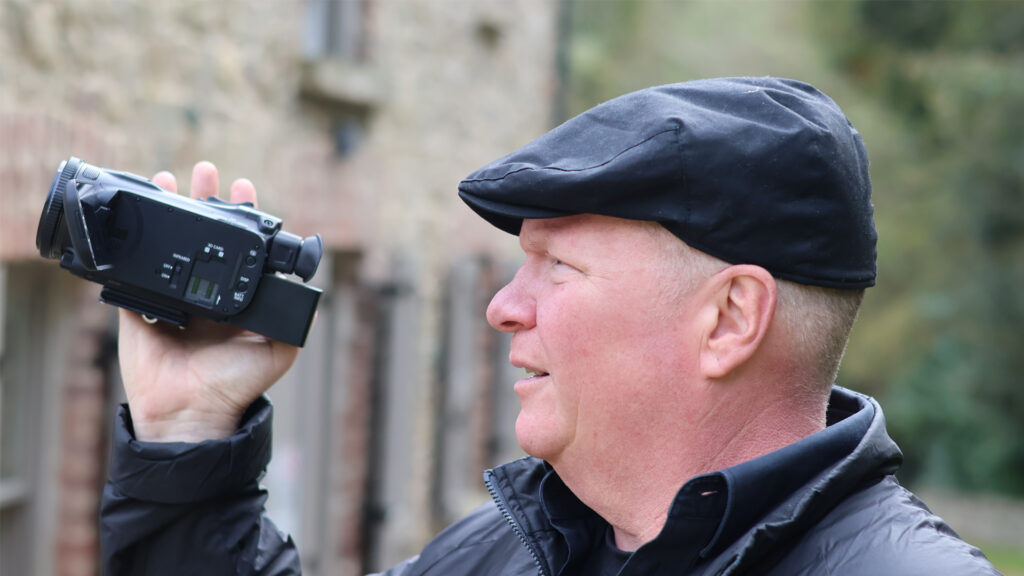
KG: How many episodes did you create, and where did you wind up?
AE: There are six. The first one is in the Shetland Islands, in the North Sea. The second one is Inverness, Scotland, and Loch Ness. In that one, we interview a monster hunter and talk to him about music. The third one is Switzerland, a little town called Sins. And for us, it was kind of ironic that our first episode started in the town of Hope in England. So, we went from Hope to Sins and back again. And then the fourth one is in Sheffield, in the U.K., which is a wonderful town. Sheffield Steel is what they’re famous for, but they have a big Americana music scene. …
I’ve been in conversations with UNESCO’s (Intergovernmental Committee for the Safeguarding of the Intangible Cultural Heritage). They’ve offered to be our fixer on the ground farther afield.
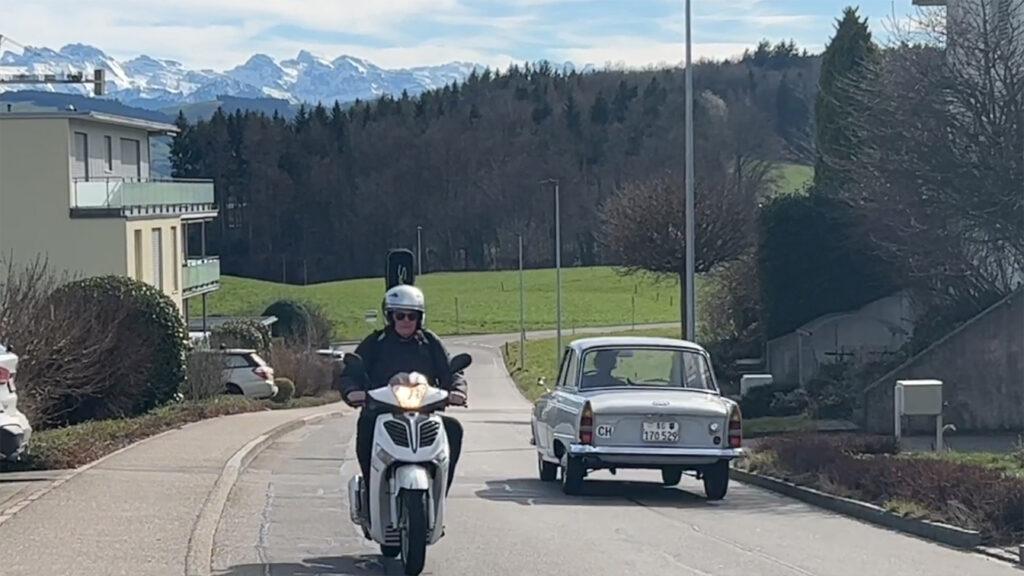
KG: Just watching the first episode, it’s clear that you are both up for anything. Tell us about an unexpected moment.
MA: We were just back up in Shetland in January to film the Scalloway Fire Festival. They carry torches, and they have a Viking crew that dresses up, and they go around the community. So, we were able to be embedded with the crew, and they let me carry a torch. It’s almost like Mardi Gras, where there are different squads that are all male or female. So, the secretary for the Scalloway Fire Festival said, “Well, you can walk with us, but we’re wearing pink tutus and cowboy hats with lights in them.” I said, “Of course I’m going to do that.”
AE: The Shetland Islands were part of Norway (about 500 years ago). What they’re doing is honoring a real person, a real warrior, (in a tradition that’s) hundreds of years old. They are making the leather or the chain mail, the costumes, and they’re building a Viking longboat, and they’re telling the story with the entire community. And then it culminates in burning this longboat, which is an act of renewal for the new year.
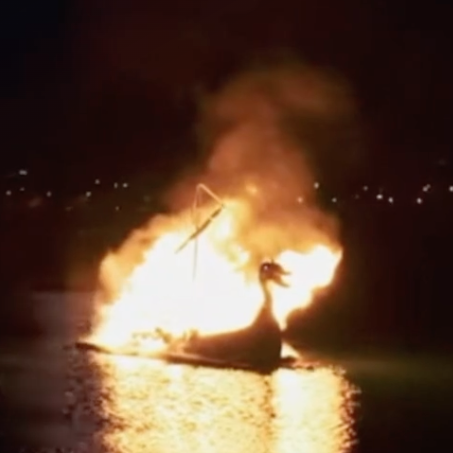
KG: Have you gotten any pointers from Rick Steves (probably the best-known PBS travel show host)?
MA: We met him at a (public television) fall marketplace in 2023 in Palm Springs. They have a local group of professional musicians called the Desert Dogs that would get together and jam. Rick hung out the whole time, and they had me on the stage just jamming with the band. Then this past year, it was in Cleveland at the Rock & Roll Hall of Fame, and they had garage rehearsal spaces. Rick shows up, and we ended up playing together for two hours. It was really funny. He’s such a great guy, and we had such a great time.
AE: He did a whole session on how he … gives away content to support stations’ fundraising activities. He doesn’t make any money from the show. He makes it from his travel books and tours. It’s such an inspiring model for us as we develop this. We’re just at the beginning.
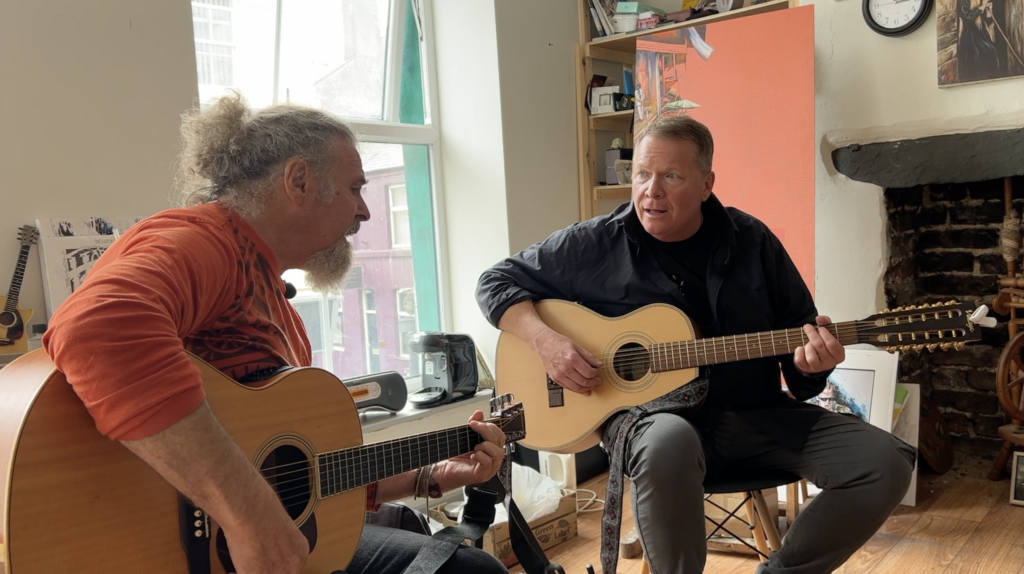
KG: Mark, did you write the theme song?
MA: Yeah, so given that I’m a musician, and it’s what I do for a living, and I’ve been a producer my whole life, if the music that is in the show isn’t all original, then I’m not being true. So, I wrote the theme song as we were getting going three years ago, and my drummer here in Nashville helped me write all the songs. All the incidental music that’s not other people’s music but that we’re sharing, I create and work into the show. I’m coming out with a new album this summer that are things that I wrote while I’ve been producing, and some of those I use as (tracks) in the show. It’s what I love doing.
KG: Thank you for sharing your journey so far, and safe travels!
